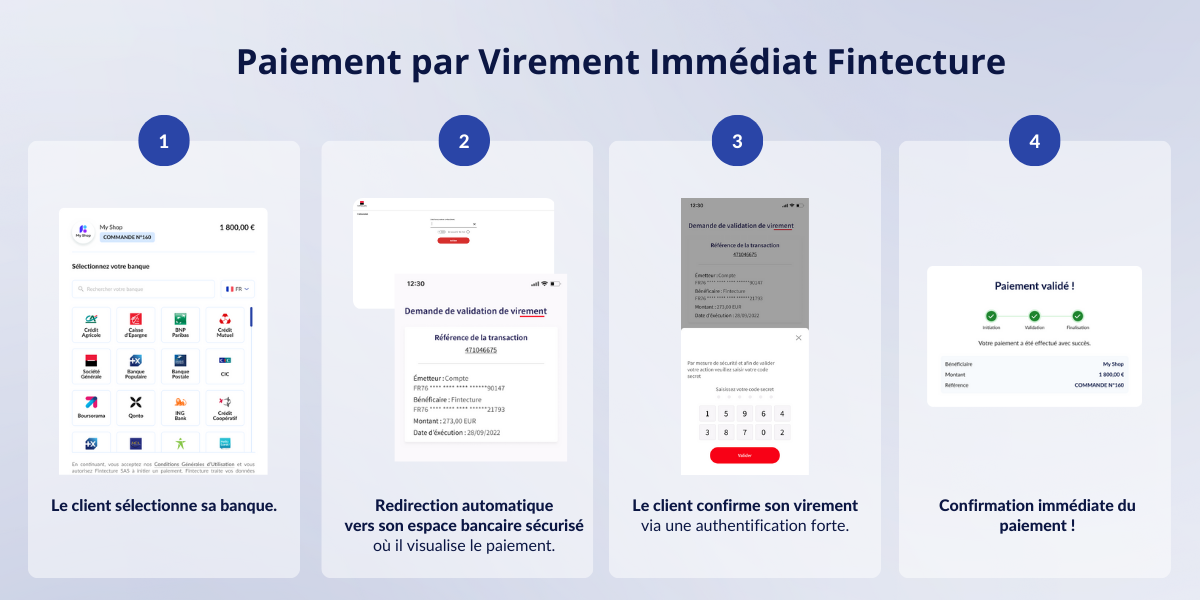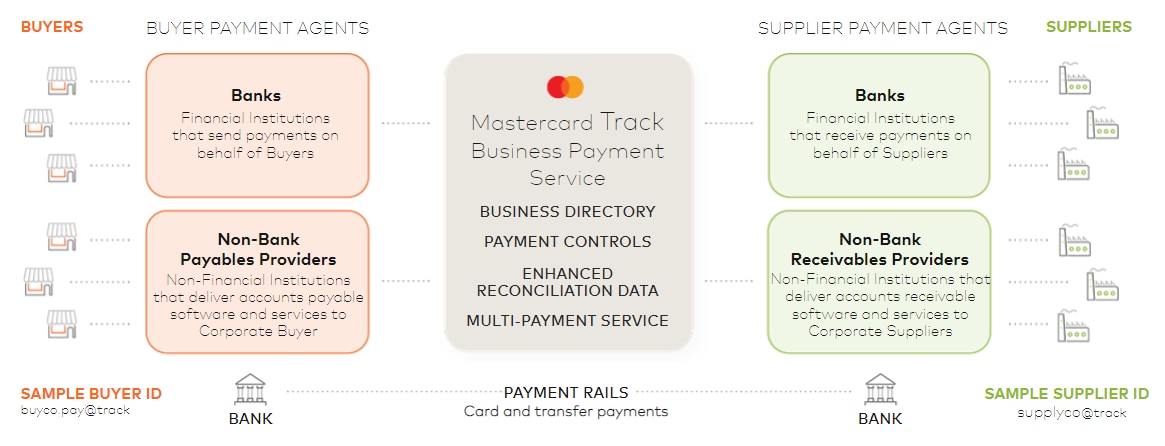In the rapidly evolving landscape of digital transactions, buyer initiated payments (BIPs) have emerged as a vital component. This guide will take you on a comprehensive journey through buyer initiated payments, shedding light on their functionalities, benefits, platforms, services, and the technologies that make them possible. Let’s delve into the details!
Understanding Buyer Initiated Payments
At its core, buyer initiated payments refer to a transaction method where the buyer, as opposed to the seller, initiates the payment process. This approach allows consumers to have better control over their payments, often leading to improved user experience and satisfaction.
The Mechanics of Buyer Initiated Payments
Buyer initiated payments operate on a principle that streamlines the payment process. Here’s how it typically works:
- The buyer selects products or services to purchase online.
- During checkout, the buyer chooses a payment method.
- The buyer initiates the payment by authorizing it through their bank or payment service provider.
- The funds are transferred, and the transaction is completed, often achieving a faster settlement time.
Types of Buyer Initiated Payments
1. Direct Bank Transfers
Direct bank transfers allow buyers to move funds from their bank accounts to the seller’s without intermediaries. This method is often associated with lower fees.
2. Digital Wallets
Digital wallets, such as PayPal, Venmo, and Cash App, enable buyers to initiate payments quickly and securely from their mobile devices. These platforms are particularly popular among younger demographics.

3. Payment Processing Platforms
Platforms like Stripe or Square integrate with e-commerce sites, allowing buyers to initiate payments seamlessly during the checkout process.
Benefits of Buyer Initiated Payments
Enhanced Control for Buyers
With buyer initiated payments, consumers enjoy increased control over their transactions, allowing them to review and confirm payments before they are processed.

Reduced Fraud Risks
Since the buyer initiates the payment, it can reduce the risk of fraudulent transactions, as the process requires explicit authorization.
Faster Transaction Times
Buyer initiated payments can lead to quicker settlements and fewer delays, benefiting both buyers and sellers.

Popular Platforms for Buyer Initiated Payments
1. PayPal
PayPal is one of the most recognized digital wallets globally, allowing users to make payments quickly and securely.
2. Venmo
Venmo has gained popularity, particularly among younger Americans, for its social features and ease of use.

3. Cash App
Cash App offers not only payment functionalities but also allows users to invest in stocks and Bitcoin, catering to a wider range of financial needs.
4. Zelle
Zelle is integrated into many major banking systems, allowing users to send money directly from their bank accounts quickly.

Comparing Buyer Initiated Payment Platforms
| Platform | Transaction Speed | Fees | Best For |
|---|---|---|---|
| PayPal | Instant | Varies (typically 2.9% + $0.30 per transaction) | Widespread Merchant Acceptance |
| Venmo | Instant | Free for bank transfers, 3% for credit card | Social Payments & Peer-to-Peer |
| Cash App | Instant | 1.5% for instant deposits | Small Transactions |
| Zelle | Instant | No fees | Bank-to-Bank Transfers |
The Pros and Cons of Buyer Initiated Payments
Pros
- Control: Users have better control over their payments.
- Security: Reduces fraud due to authorization requirements.
- Speed: Quick transaction processing.
- Accessibility: Multiple platforms and options available for users.

Cons
- Fees: Some platforms may charge transaction fees.
- Account Limitations: May require users to link to bank accounts.
- Technical Issues: Dependence on technology can lead to issues during transactions.
Technology Behind Buyer Initiated Payments
The technology that powers buyer initiated payments relies on various protocols and systems, including:
- API Integrations: Payment gateways use APIs to facilitate transactions between buyers and sellers.
- Encryption: Secure encryption methods protect user data during transactions.
- Blockchain: Emerging technologies like blockchain are beginning to influence the payment landscape.

Buyer Initiated Payments in Local Context
In the United States, buyer initiated payments are becoming increasingly relevant, especially in urban areas where consumers are accustomed to technology. Local businesses from coffee shops to retail stores are adopting these payment methods to cater to customer preferences.
Cultural Relevance
Many consumers in the U.S. prefer digital wallets due to their convenience. For instance, during events like Black Friday or Cyber Monday, the ability to initiate payments quickly can be crucial. Furthermore, the rise of e-commerce has led many to seek user-friendly and secure payment solutions.

Conclusion
Buyer initiated payments represent a significant evolution in the way transactions are conducted. They empower consumers, reduce fraud risks, and offer faster payment processing times. As technology continues to advance, the adoption of these payments will likely increase, paving the way for even more innovative solutions in the future.
FAQs About Buyer Initiated Payments
What are buyer initiated payments?
Buyer initiated payments are transactions where the buyer, not the seller, starts the payment process, typically through digital wallets or bank transfers.
What are the benefits of buyer initiated payments?
Benefits include enhanced control for buyers, reduced fraud risks, and faster transaction times.
Which platforms support buyer initiated payments?
Popular platforms include PayPal, Venmo, Cash App, and Zelle, each offering unique features and benefits.
Are there fees associated with buyer initiated payments?
Yes, some platforms may charge fees depending on the transaction type. It’s important to check the specific platform for details.
How do buyer initiated payments improve security?
They improve security by requiring explicit authorization from the buyer before a transaction is finalized, reducing the chance of unauthorized charges.